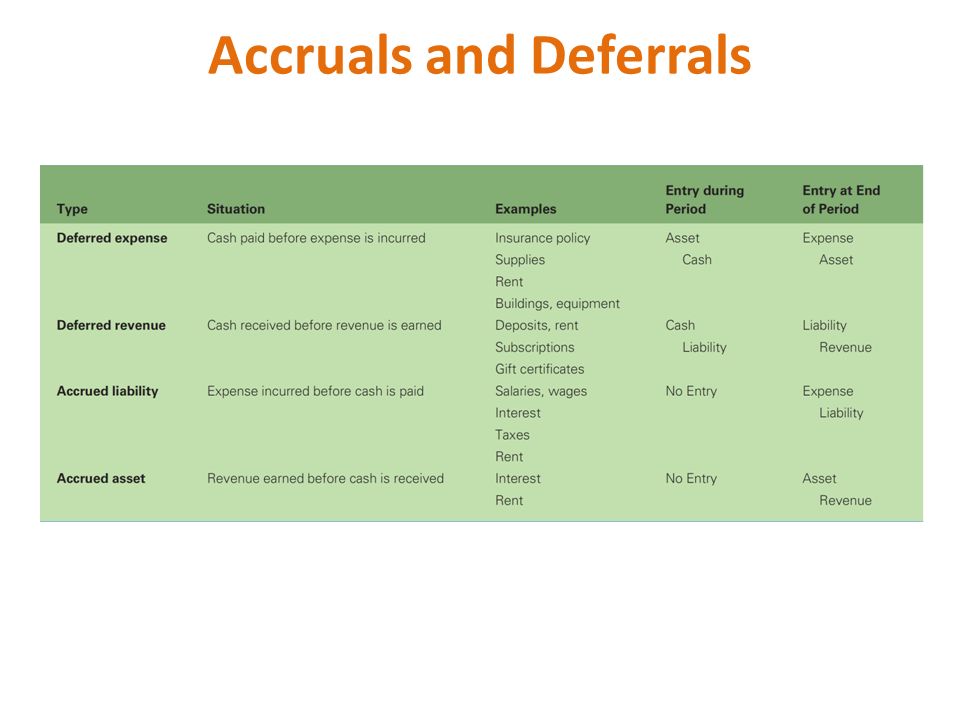brexit

Spotkanie negocjacyjne odbyło się w Brukseli i trwało jeden dzień. 20 lipca 2017 r. Michel Barnier (główny negocjator UE) i David Davis (minister ds. wyjścia Wielkiej Brytanii z Unii Europejskiej) zakończyli drugą rundę negocjacji https://maxitrade.com/pl/owych.
Brexit: still in denial?
wyjścia ze Wspólnoty. Było to wówczas równoznaczne z opuszczeniem UE bez umowy 12 kwietnia o godz. 23.00 czasu lokalnego [55] . Aby nie doszło do „twardego brexit referendum dateu”, Wielka Brytania musiała w związku z tym złożyć wniosek o przedłużenie członkostwa, co wiązało się z organizacją wyborów do Parlamentu Europejskiego w maju 2019 (jeśli przedłużenie członkostwa byłoby dłuższe, niż obecna kadencja Parlamentu Europejskiego).
Odnosząc się do kwestii granicy na wyspie Irlandii, ministrowie podkreślili, że do czerwcowej Rady Europejskiej (art. 50) należy poczynić postępy w tej sprawie. Przypomnieli również o tym, jak ważne jest, by w toku negocjacji utrzymać konstruktywne podejście i jedność w gronie 27 państw UE. Rada (art. 50) wysłuchała informacji głównego negocjatora ds.
Głosowanie to miało mieć miejsce 19 marca; premier May wiązała z nim nadzieję, że wobec perspektywy opóźnienia lub anulowania brexitu, jego zwolennicy poprą wypracowane porozumienie [43] . 10 grudnia 2018 Europejski Trybunał Sprawiedliwości orzekł, że Wielka Brytania ma suwerenne prawo jednostronnie wycofać wniosek o wyjście z Unii Europejskiej, bez konieczności angażowania w to organów Unii lub państw członkowskich [26] .
„Brexit jest jak rak, który niszczy wszystko, co najbardziej lubiłem w Wielkiej Brytanii”
Jeśli brytyjski parlament nie zatwierdzi porozumienia proponowanego przez premier Theresę May (lub alternatywnego rozwiązania), wówczas – na mocy procedury wyjścia opisanej w art. 50 traktatu o UE – Wielka Brytania opuści Wspólnotę bez żadnej umowy regulującej warunki brexitu. Do tej pory Umowa Wyjścia nie została zaakceptowana przez parlament brytyjski, co oznacza, iż istnieje znaczące ryzyko bezumownego wyjścia Wielkiej Brytanii z UE (tzw. hard brexit). W tej sytuacji Komisja Europejska oraz państwa członkowskie podjęły stosowne działania przygotowawcze i wezwały do tego przedsiębiorców. Pozostałe państwa UE nie myślą i nie będą myśleć w kategoriach rewanżu. Już sam brexit jest wystarczająco bolesny.
19 czerwca 2017 r. Michel Barnier (główny negocjator UE) i David Davis (minister ds. wyjścia Wielkiej Brytanii z Unii Europejskiej) rozpoczęli pierwszą rundę negocjacji brexitowych.
- Przedstawił on ministrom wynegocjowane porozumienie co do części umowy o wystąpieniu Wielkiej Brytanii z UE dotyczących praw obywateli, rozliczenia finansowego, okresu przejściowego i kilku innych kwestii.
- Oferujemy regularne połączenia drobnicowe w kierunku wschodnim (m.in. do Rosji, Ukrainy, Turcji, Mołdawii, Kazachstanu), oraz transport lotniczy i morski do każdej lokalizacji na świecie.
- Okres ten przedłużono do 31 stycznia 2020 r., aby zapewnić więcej czasu na ratyfikowanie umowy o wystąpieniu.
- wyjścia ze Wspólnoty.
lub 1 stycznia 2020 r. – jeśli do tego czasu umowa zostanie ratyfikowana przez obie strony.
Z ramienia UE prowadziła je Komisja Europejska, na podstawie wytycznych i dyrektyw negocjacyjnych zatwierdzonych przez państwa członkowskie UE-27, w tym Polskę. 25 września 2017 r. w Brukseli rozpoczęła się czwarta runda negocjacji. Została zamknięta 28 września 2017 r. przez Michela Barniera (głównego negocjatora UE) i Davida Davisa (ministra ds. wyjścia Wielkiej Brytanii z Unii Europejskiej).
Okres ten przedłużono do 31 stycznia 2020 r., aby zapewnić więcej czasu na ratyfikowanie umowy o wystąpieniu. Wystąpienie może nastąpić wcześniej – 1 grudnia 2019 r.
Jak stwierdził główny negocjator UE, runda ta przyniosła wprawdzie większą jasność w kilku kwestiach, wciąż jednak potrzeba dalszych prac. 9 października 2017 r. w Brukseli rozpoczęła się piąta runda negocjacji brexitowych. Została zamknięta 12 października 2017 r. przez Michela Barniera (głównego negocjatora UE) i Davida Davisa (ministra ds. wyjścia Wielkiej Brytanii z Unii Europejskiej).
45% obywateli Unii Europejskiej zatrudnionych w Wielkiej Brytanii zamierza w niej pozostać. Raport wskazuje obszary wymagające szczególnej uwagi w związku z procesem wyjścia Wielkiej Brytanii z Unii Europejskiej. O prawie 100 tys. osób spadła liczba Polaków i Polek przebywających na emigracji.
Rada Europejska, w gronie 27 państw członkowskich, zatwierdziła zmienioną umowę o wystąpieniu i zmienioną deklarację polityczną. Oba dokumenty uzgodnili 17 października https://maxitrade.com/pl/brexit-referendum/ 2019 r. negocjatorzy z UE i Wielkiej Brytanii. W oparciu o to porozumienie możliwe stałoby się uporządkowane wyjście Wielkiej Brytanii z Unii Europejskiej.
16 października 2019 sekretarz do spraw Brexitu Stephen Barclay zapowiedział parlamentarzystom, że Boris Johnson dostosuje się również do postanowień tzw. Hilary Benn Act, obligującego go (pod rygorem sankcji karnych) do wystąpienia do 19 października z wnioskiem o opóźnienie Brexitu do 31 stycznia 2020, chyba że do tego osiągnąłby porozumienie ze wspólnotą [78] . W istocie, porozumienie takie dzięki zgodzie Irlandii i odejściu przez UE od zasady „żadnych nowych negocjacji” zawarto już następnego dnia i polegało ono na wyeliminowaniu pojęcia tzw. irlandzkiego backstopu (mechanizmu zapewniającego swobodny handel między pozostającą w UE Republiką Irlandii i brytyjską Irlandią Północną); to jest pozostawania Wielkiej Brytanii w unii celnej z Irlandią do czasu wynegocjowania nowej umowy, która zapewniałaby w inny sposób nieskrępowany handel na wyspie. Tym razem – zgodnie z postulatami strony brytyjskiej – ustalono, że Irlandia Północna pozostanie częścią obszaru celnego Wielkiej Brytanii, z tym, że jednocześnie Irlandia Północna zostanie gospodarczo odseparowana od reszty Wielkiej Brytanii i razem z Irlandią będzie tworzyła wspólny obszar regulacyjny, stosując unijne stawki celne, normy towarowe oraz przepisy dotyczące VAT i podatku akcyzowego.



Recent Comments